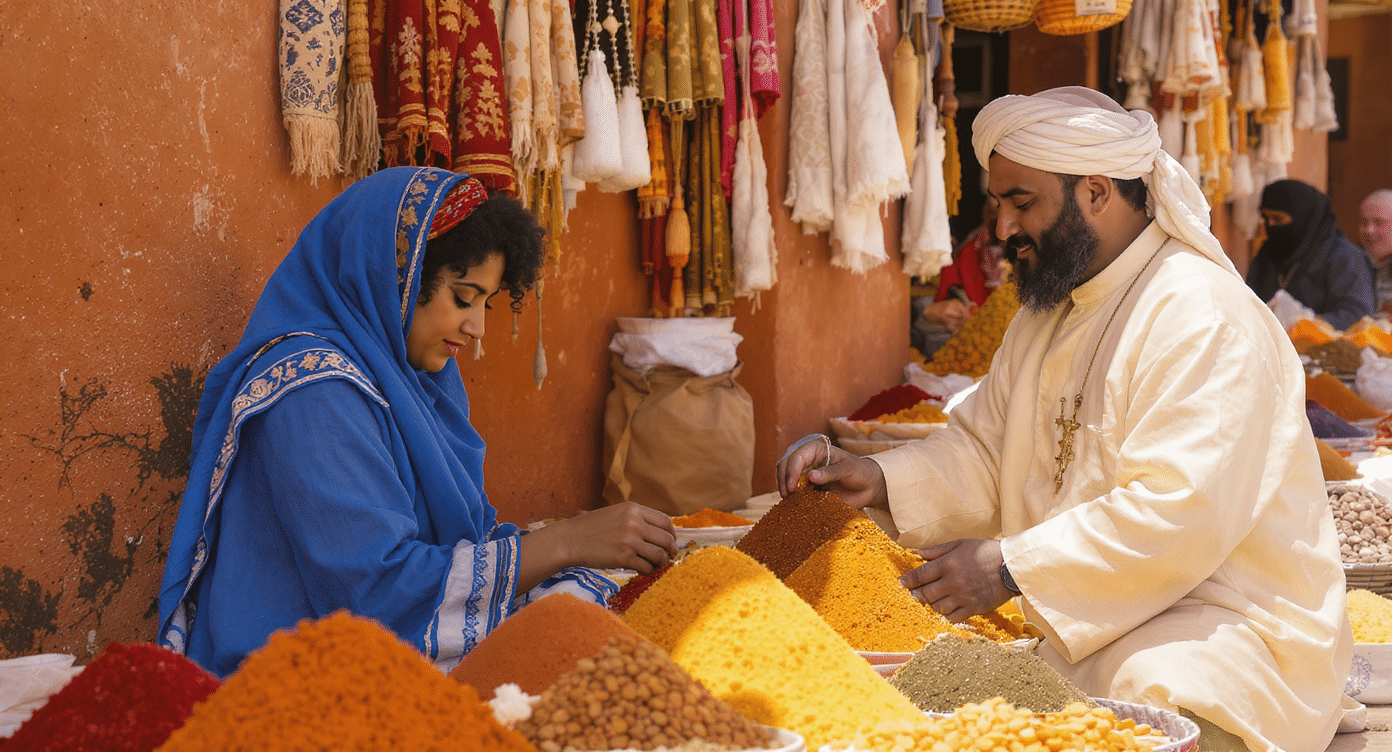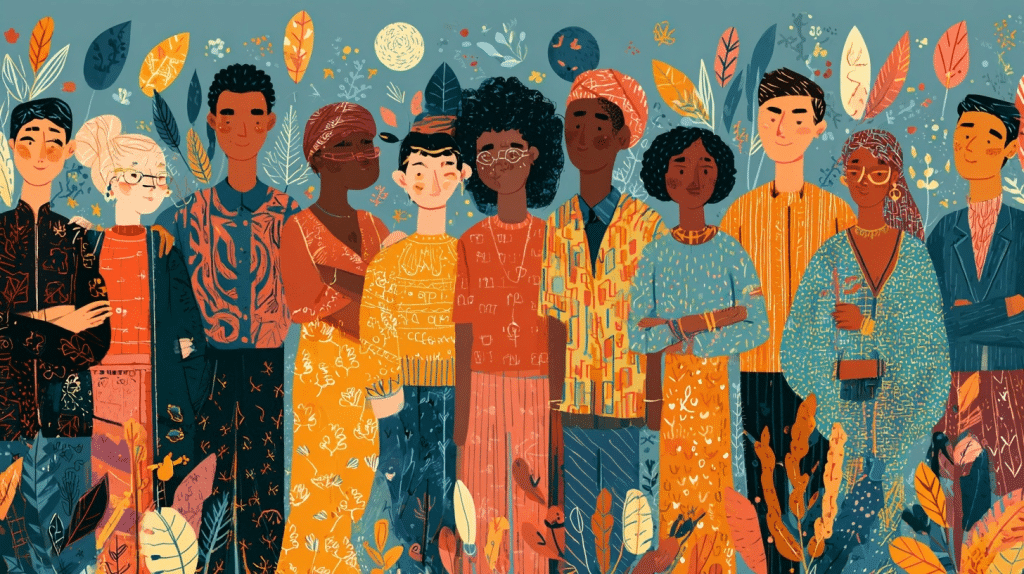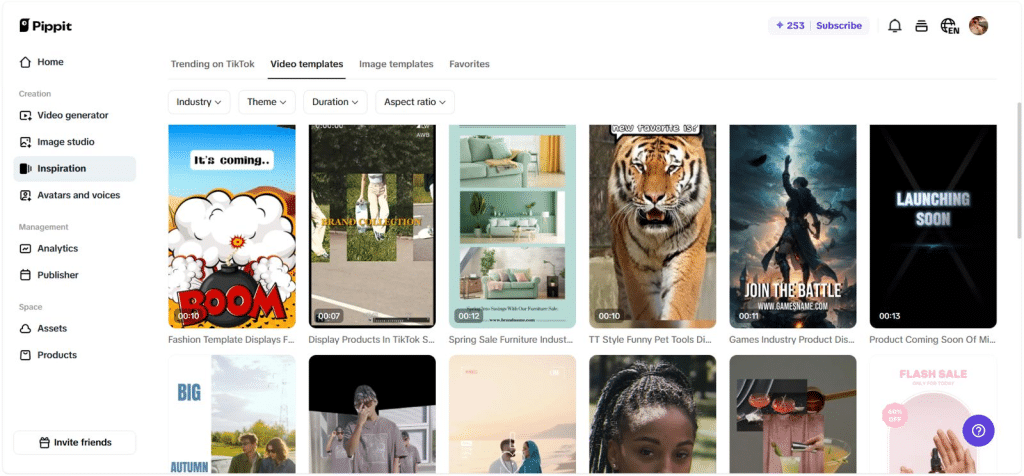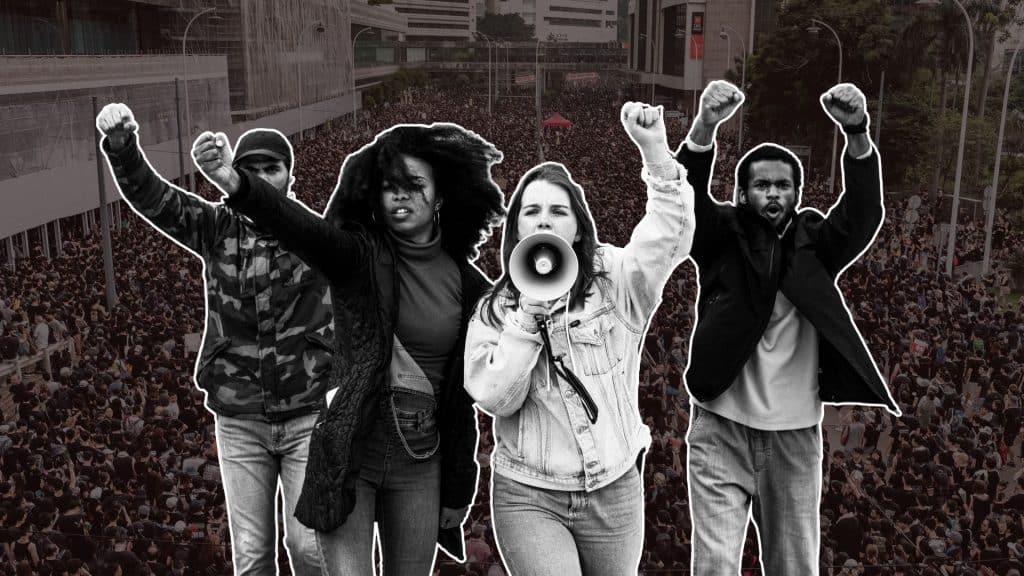The importance of cultural diversity has become more visible in today’s interconnected world.
As societies blend and workplaces expand across borders, the richness of different backgrounds provides opportunities for growth and collaboration. Cultural diversity encourages the exchange of perspectives, sparking creativity and innovation.
It allows institutions to adapt to global challenges by fostering tolerance, empathy, and mutual respect.
While differences can sometimes lead to misunderstandings or bias, they also create chances to build stronger communities.
Observing how diversity shapes education, businesses, and communities highlights its role as more than just a social value. It becomes a strategic advantage, influencing both individuals and institutions in meaningful ways.
Cultural Diversity in Today’s Society
Today’s world brings together people from different backgrounds like never before. This mix of cultures appears everywhere – in schools, workplaces, and neighborhoods.
This blend fosters a rich environment where people can learn from one another.
When people from various cultures interact, they share their traditions, foods, languages, and ways of thinking. This exchange helps individuals and communities grow. Diverse groups often come up with better solutions to problems because they approach challenges from different angles.
Modern technology enables people to connect across borders more easily. Social media, travel, and global business bring cultures closer together.
This connection helps break down old barriers and builds understanding between different groups of people in society. Cultural diversity has become a defining feature of modern life.
Importance of Cultural Diversity

Cultural diversity plays a vital role in shaping our modern world. It brings together different perspectives, ideas, and experiences that make societies stronger and more vibrant.
Knowing why cultural diversity matters helps us appreciate the benefits it offers to both individuals and communities.
1. Economic Growth and Innovation
Different cultures bring unique skills and knowledge to the workforce. When people from diverse backgrounds collaborate, they generate innovative ideas and solutions.
Companies with diverse teams often perform better because they can reach different markets and understand the varied needs of their customers. This diversity drives economic growth in many countries.
Research shows that diverse workplaces generate higher profits and attract top talent from around the world.
2. Social Benefits and Community Building
Cultural diversity helps build stronger communities. People learn to respect different viewpoints and traditions.
This understanding helps reduce conflicts and fosters peaceful societies. Diverse communities offer a wider range of cultural events, festivals, and activities that everyone can enjoy.
These shared experiences bring people closer together. When different cultures interact regularly, they form bonds that strengthen the entire community and promote social harmony.
3. Educational and Personal Development
Exposure to different cultures helps people grow personally. Students in diverse schools learn about the world beyond their own experiences. They develop better communication skills and become more open-minded. This cultural exposure prepares them for success in a global world where different cultures interact daily.
Teachers also benefit from diverse classrooms as they learn new teaching methods and gain fresh perspectives on education.
Benefits for Progress and Empathy
Cultural diversity creates a foundation for both societal progress and human understanding. When different cultures come together, they share knowledge and build connections that benefit everyone.
This interaction helps societies move forward while teaching people to care about others from different backgrounds.
- Better Problem Solving: Different cultures approach challenges in unique ways. This variety of thinking leads to creative solutions that one culture alone might not find.
- Increased Understanding: Regular contact with other cultures helps people see beyond stereotypes. This contact builds respect and reduces fear of the unknown.
- Enhanced Communication: People learn to express ideas clearly across cultural barriers. This skill becomes valuable in personal and professional settings.
- Stronger Communities: Diverse neighborhoods foster support networks where people help one another. These connections make communities more resilient during difficult times.
- Global Awareness: Exposure to diverse cultures prepares individuals for effective international cooperation. This awareness becomes crucial for addressing global challenges collectively.
Challenges that Limit Diversity and Ways to Overcome Them
Despite the importance of cultural diversity in building stronger societies, several barriers hinder its flourishing. Understanding these challenges and their solutions helps communities create more inclusive environments.
Addressing these issues requires effort from individuals, organizations, and governments working together.
| Challenge | Solution |
|---|---|
| Language Barriers | Provide translation services and language learning programs in schools and workplaces |
| Cultural Prejudice | Organize cultural exchange events and education programs to build understanding |
| Workplace Discrimination | Implement fair hiring practices and diversity training for all employees |
| Social Segregation | Create mixed-income housing and community spaces that bring different groups together |
| Lack of Representation | Ensure diverse voices in leadership positions and decision-making processes |
| Educational Gaps | Offer equal access to quality education and culturally responsive teaching methods |
Fostering Inclusive Environments

Creating inclusive environments requires intentional effort from everyone in a community.
These spaces allow people from all backgrounds to feel welcomed and valued. When organizations and communities work to build inclusive settings, they tap into the importance of cultural diversity and create stronger bonds between different groups.
Inclusive environments benefit everyone by promoting mutual respect and understanding.
They encourage people to share their unique perspectives without fear of judgment. This openness leads to better collaboration and innovation in all areas of life.
Key strategies for building inclusive environments include:
- Active Listening: Pay attention to different viewpoints and experiences without making quick judgments about others.
- Equal Participation: Ensure all voices are heard in meetings, discussions, and decision-making processes.
- Cultural Celebrations: Host events that showcase diverse traditions, foods, and customs from various communities.
- Fair Policies: Develop rules that treat everyone equally, regardless of their background or beliefs.
Final Note
In reflecting on the importance of cultural diversity, a recurring theme of strength emerges from the variety.
By accepting different cultural perspectives, societies create fertile ground for innovation, resilience, and empathy. The benefits are not limited to corporations or governments. They extend into daily life through improved relationships and expanded worldviews.
At the same time, challenges such as prejudice or inequality require ongoing attention. Acknowledging these realities encourages meaningful dialogue and inclusive practices.
Nurturing diversity helps shape a more balanced, cooperative, and forward-looking society, benefiting everyone.






































